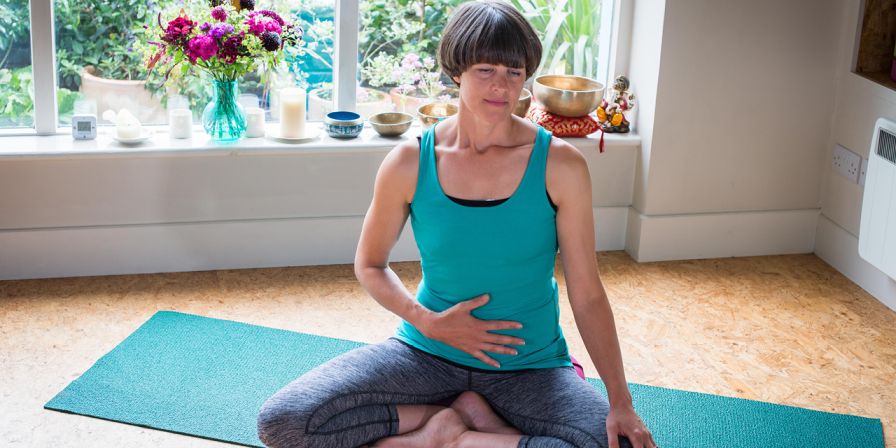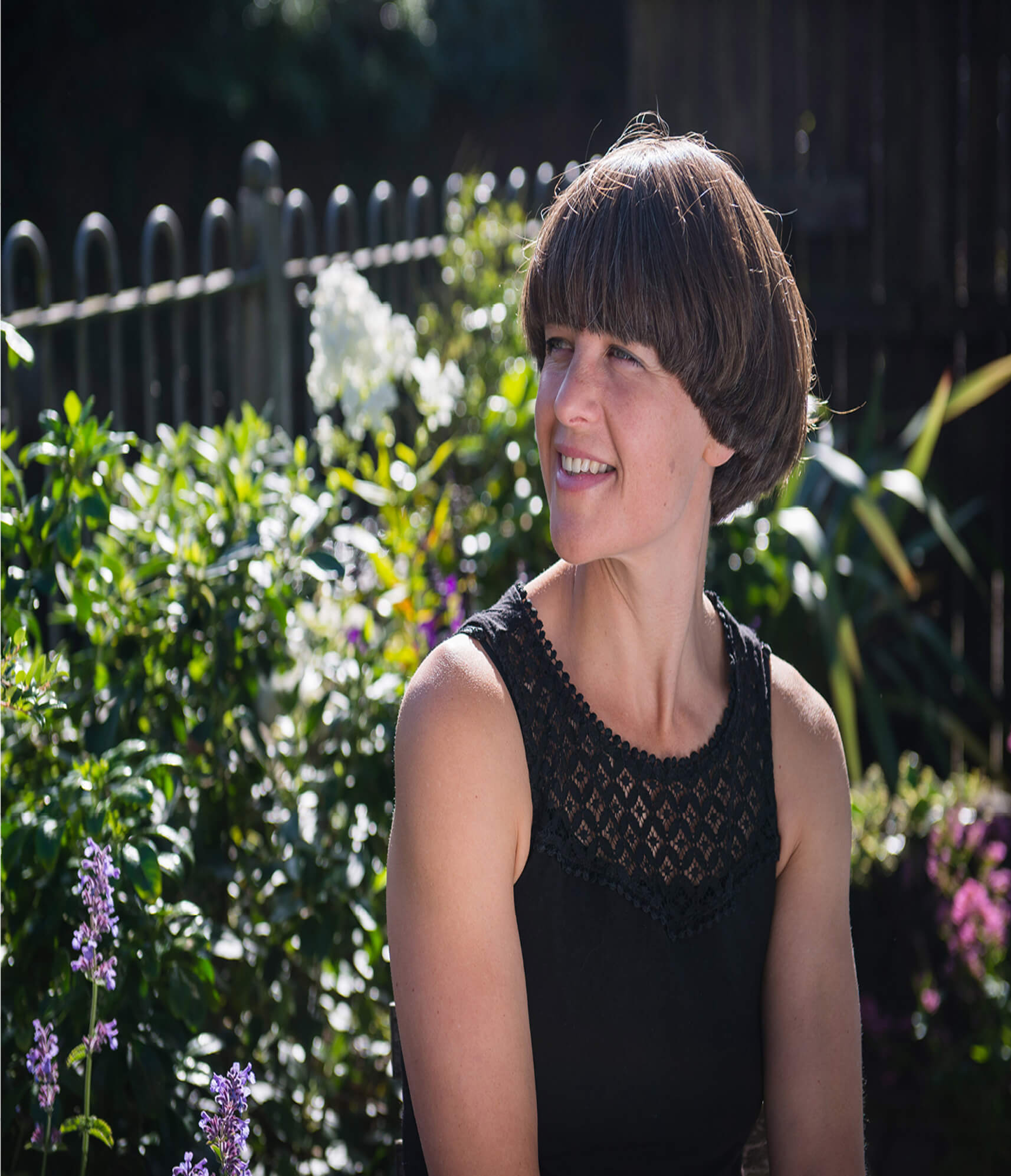Think of your breath as a bridge. It is a bridge between your head and your body, a bridge between your conscious and your unconscious. Your breath is a tool that allows you to take control over what you feel you can't control. Stress and anxiety are experiences that make us feel very out of control.
Ranging from feeling a bit overwhelmed and unhappy to being completely unable to cope and disabled by panic. These feelings can seem to appear from nowhere and often come at the worst times, making us feel small, useless and miserable. So, our first reaction to stress is to try and 'pull ourselves together' and resolve all the problems in our head. But mentally resolving problems won't make you feel less stressed, because the stress is actually in your body. We've all had those nights, lying in bed, going over and over the worrying thoughts; it just makes you feel worse.
Stress is in your body, in your subconscious.
When you're stressed, your nervous system is reacting to what it has sensed is a threat, and it is preparing you to react to this threat by running away or fighting. Tense muscles, a racing heart and churning stomach are all signs that your system feels under threat. This threatening trigger could be anything from a real external problem or a mentally perceived one. Whatever the problem, the way to deal with it is by settling your subconscious.
This is where the bridge of your breath comes in. Your breath communicates clear information to your nervous system. When you are stressed your breath is fast and shallow. When you are calm your breath is slow and deep. When you slow down your breath you are saying to your nervous system and your body "I'm fine, I'm safe, there is no problem, and we can do this".
Slowing down your breath starts to affect the symptoms of fear in your body, your heart begins to slow, your muscles start to relax, your tummy settles.
Your mind might still be running laps trying to sort everything out, but just let it. Keep directing your attention back to each calm, slow, long breath. This will help you to get closer all the time to your body and to reality. After about 10 slow breaths, you will find that you will be able to think more clearly. In order for this to work long term you need to practice so these tools become set into your subconscious where the triggers of stress are.
Stress prevention
A regular breathing practice really helps to work as prevention against future stress. If you regularly check your breathing and slow it down, you are sharpening this tool and keeping it close to hand for when stress surprises you. Students often ask me "what is the best breathing technique to use when I'm stressed or I can't sleep?" and the answer is "the breathing you were most recently practicing". There is no trick here; there is no quick fix or magic instant cure for stress. (Although when you start using the breath and it works, it can feel like magic!)
The remedy for stress is regular attention to your breath. You start to practice a few long, slow breaths when you first sit up in bed, before you start your day, just collecting your thoughts. Then a few more slow breaths when you arrive at work or any job you are about to begin. A few more breaths interspersed through your day whenever you can remember, then some deep breaths when you lie down to sleep. Before too long you will find yourself breathing slowly and calmly without even thinking, and as problems arise as they will, the tool of your breath will be right there to ground, support and assist you when you need it most.
Jessica’s yoga series and videos are published under lifestyle articles the first week of every month.







